A group of local dairy farmers who want to open up a discussion around how milk is priced in NI, have organised an information evening for farmers and the wider dairy industry at the Dunsilly Hotel in Antrim on Monday 15 November at 7.30pm.
The group, which has come together under the heading ‘Solid Change’, includes farmers operating a range of systems, but who would all like to see a change to the current milk pricing model to better reward the production of milk solids.
However, it is understood that an A+B-C model, as used in the Republic of Ireland, is not being advocated by the group.
Instead, they point to pricing systems used in other European countries to encourage higher protein (A) and butterfat (B) without including a processing cost per litre (C). Speakers at the event include the former head of dairying at CAFRE Greenmount, Ian McCluggage.
Undervalued
At present, the payment system used by most dairy companies in NI has little changed in over 30 years, and values the fat and protein component of the average litre of milk produced in NI at around 18p – 20p/l (calculated by multiplying the standard litre protein and fat % by the payment increment for both).
So, at a milk price of 30p/l, water in the milk is effectively valued at close to 10p/l.
The ‘Solid Change’ group argue that the fat and protein increments need to reflect current market realties, not prices from pre-2000. Given the environmental pressures coming, it makes no sense for processors to be sending a signal to famers to produce water, when it has to be hauled around the country, and energy utilised to burn it off in processing.
Earlier this year, Glanbia Ireland announced that it will phase in over the next four years higher increments for fat and protein in NI. By year four, the value the company puts on the fat and protein content of their standard litre in NI is set at nearly 30p/l rather than 20p/l.
However, given that Glanbia Ireland is also increasing its protein and butterfat base over the next four years, if a farmer currently producing below-average quality milk does not respond by producing higher solids, they will be worse off in future.
Read more
Changed message to NI dairy farmers
Glanbia lifts incentive for fat and protein
A group of local dairy farmers who want to open up a discussion around how milk is priced in NI, have organised an information evening for farmers and the wider dairy industry at the Dunsilly Hotel in Antrim on Monday 15 November at 7.30pm.
The group, which has come together under the heading ‘Solid Change’, includes farmers operating a range of systems, but who would all like to see a change to the current milk pricing model to better reward the production of milk solids.
However, it is understood that an A+B-C model, as used in the Republic of Ireland, is not being advocated by the group.
Instead, they point to pricing systems used in other European countries to encourage higher protein (A) and butterfat (B) without including a processing cost per litre (C). Speakers at the event include the former head of dairying at CAFRE Greenmount, Ian McCluggage.
Undervalued
At present, the payment system used by most dairy companies in NI has little changed in over 30 years, and values the fat and protein component of the average litre of milk produced in NI at around 18p – 20p/l (calculated by multiplying the standard litre protein and fat % by the payment increment for both).
So, at a milk price of 30p/l, water in the milk is effectively valued at close to 10p/l.
The ‘Solid Change’ group argue that the fat and protein increments need to reflect current market realties, not prices from pre-2000. Given the environmental pressures coming, it makes no sense for processors to be sending a signal to famers to produce water, when it has to be hauled around the country, and energy utilised to burn it off in processing.
Earlier this year, Glanbia Ireland announced that it will phase in over the next four years higher increments for fat and protein in NI. By year four, the value the company puts on the fat and protein content of their standard litre in NI is set at nearly 30p/l rather than 20p/l.
However, given that Glanbia Ireland is also increasing its protein and butterfat base over the next four years, if a farmer currently producing below-average quality milk does not respond by producing higher solids, they will be worse off in future.
Read more
Changed message to NI dairy farmers
Glanbia lifts incentive for fat and protein




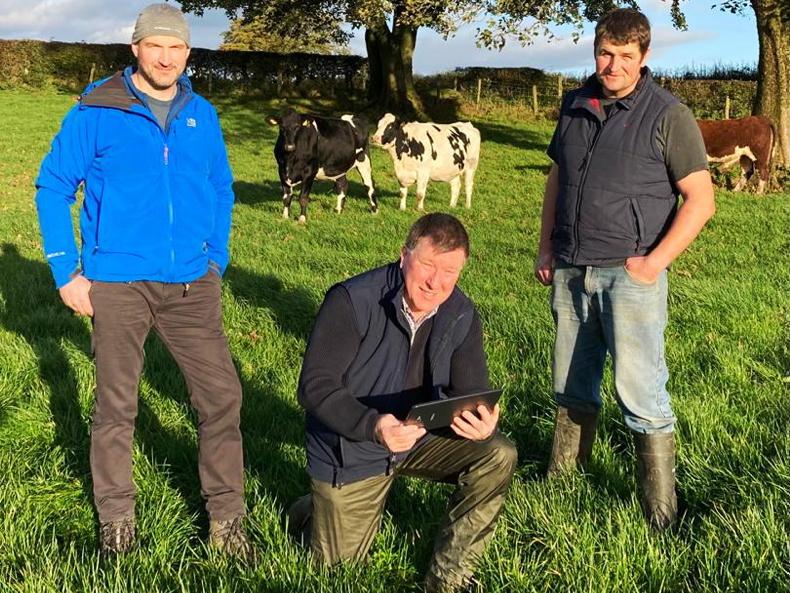
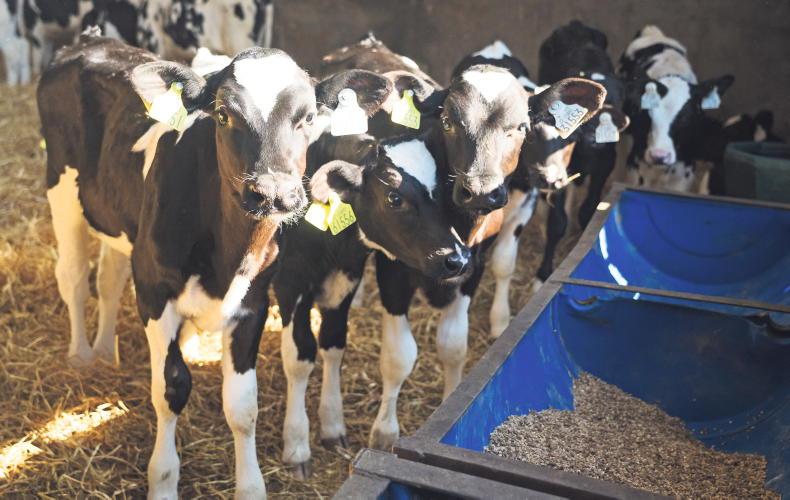
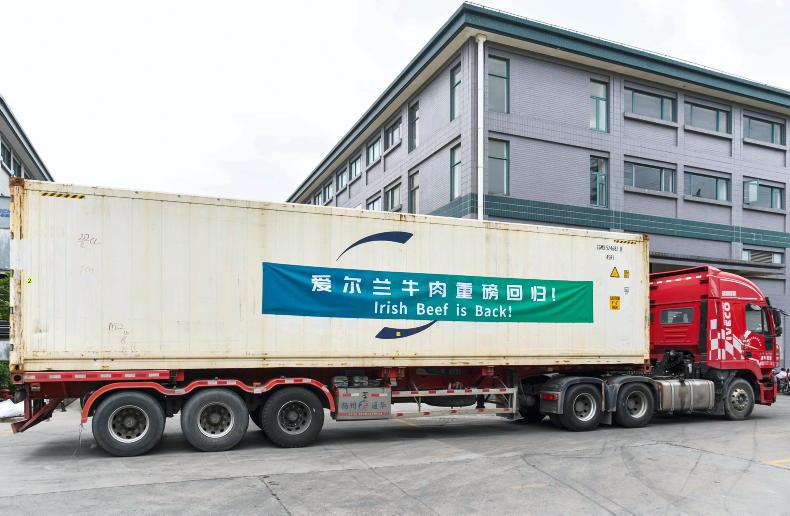
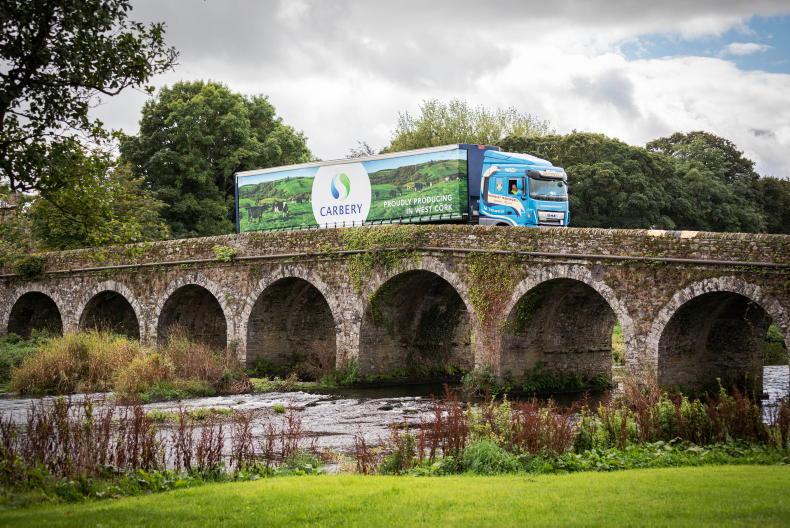
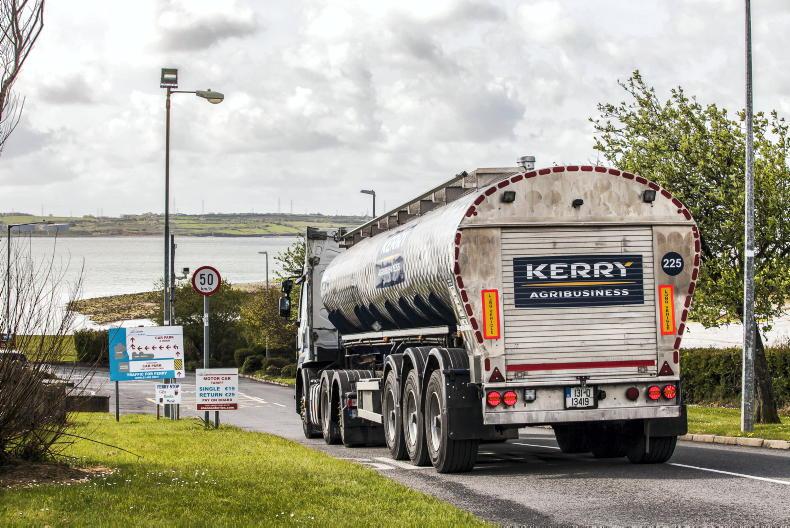
SHARING OPTIONS